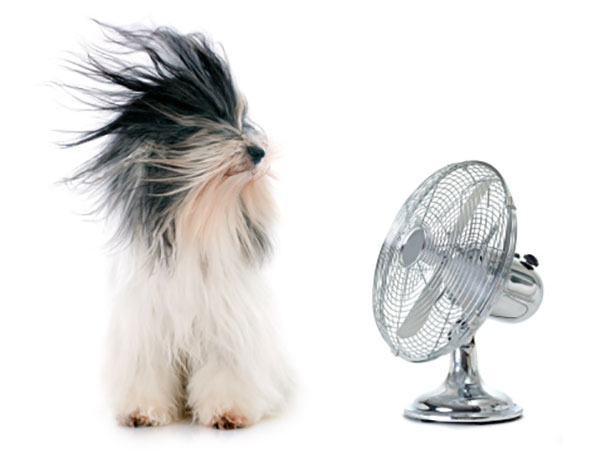According to the U. S. Energy Department, central air conditioning utilizes at least 15 percent (and often much more) of a house’s total energy consumption. Homeowners know this because they are aware of the significant rise in amount of their power bills each summer. There are ways to use your home’s air conditioning more efficiently and effectively that result in noticeable savings on Home Energy Costs. You can implement these ideas as the cornerstone of developing a Summer Energy Savings Plan.
Air conditioning is not the only home system that can cool your home’s interior. Ceiling fans effectively circulate air in rooms to create cooling drafts that work to trigger evaporation from your skin which can cool you by three to five degrees. In temperate climates, many homeowners are fortunate to be able to cool their homes all summer with only the use of ceiling fans.
Why is this helpful to energy savings plans? According to a report in the New York Times, central air conditioning uses 3 kilowatts an hour to cool your home at an hourly cost to you of 36¢. In contrast, one ceiling fan uses only 30 watts of power per hour and costs you only a penny. You can cool a seven room home for seven cents an hour. The A/C money saving is enormous.
Homeowners in regions that experience hot summers can experience energy savings by using ceiling fans in partnership with air conditioning. Because a ceiling fan cools you another three to five degrees, it allows you to set your A/C thermostat’s temperature up several degrees and still experience the level of cooling comfort you prefer. Your air conditioner does not have to run as much with the ceiling fans doing some of the cooling work.
If you do not have ceiling fans, it is worth the expense to install them. Once installed, be sure the fan is set to rotate in a counter-clockwise direction in the summertime. If your A/C unit is ten years old or older, consider the benefits to your utility bill of a high efficiency air conditioning system. Check on the Internet for the dozens of ideas and tips on summer energy savings and you will be off to a good start with developing your energy saving plan.



